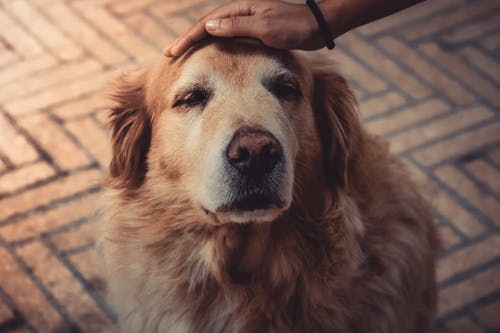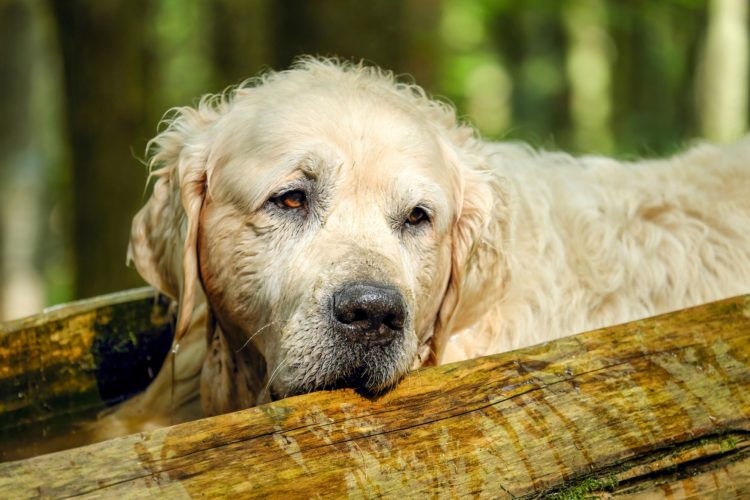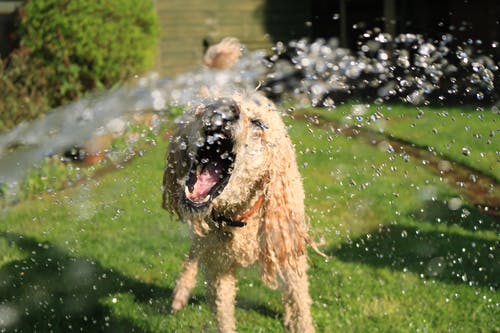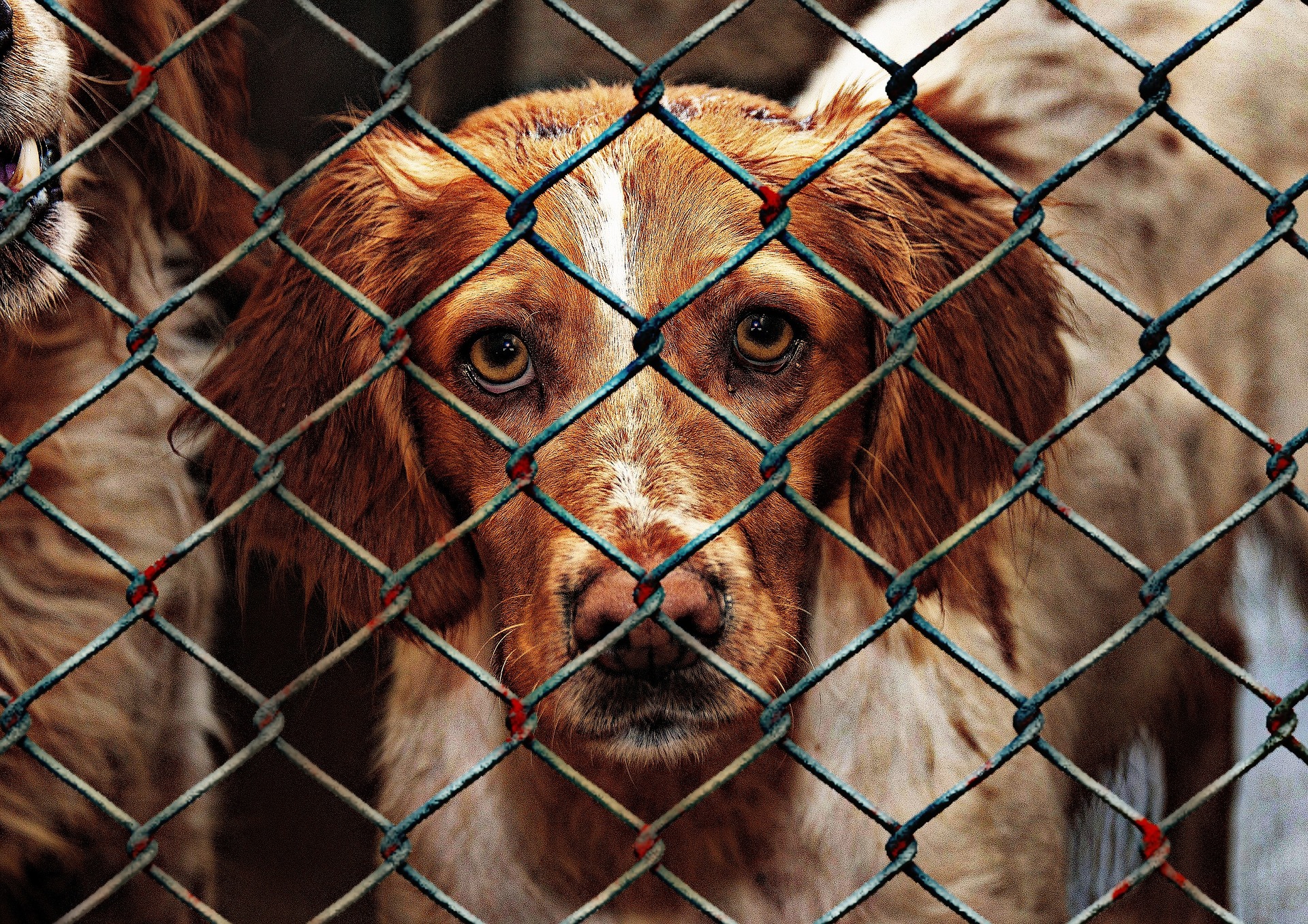Guest post courtesy of Jenny Holt. The views and opinions expressed in this article are those of the guest author and do not necessarily represent the views of Val Heart & Heart Communications Enterprises Inc.
Caring for a Senior Dog
When you have a deep connection with your dog, you probably notice that a few things change when they turn around eight or nine years old. At this age, senior dogs can require different care, though what defines “seniority” in dogs can vary according to breed and to each individual dog. In general giant breeds tend to be considered senior earlier, while chihuahuas can stretch this definition by one or two years. Genetics, environment, and nutrition also determine how fast your dog ages. In this post, we highlight a few conditions that can appear at this time of your dog’s life and suggest ways to tackle them.
Vision and Cataracts
By the time dogs are around six, the lens of their eyes harden, causing them to take on a greyish hue which is sometimes only visible at night. This hardening is not a cataract and does not usually impede vision. Because it is impossible to tell the difference between nuclear sclerosis and a cataract (in which the lens becomes cloudy and vision is affected) it is important to visit your vet for a possible referral to a veterinary ophthalmologist. Cataracts can occur in one or both eyes and can be small or large. Cataract surgery is one option some owners opt for; others report success from using special eye drops containing carnosine. See your vet regarding the ideal treatment.
Obesity, Osteoarthritis and other Joint Issues
As dogs age, their joints can become stiff and inflamed. Consider fortifying his diet with essential fatty acids such as EPA and DHA, as well as supplements such as glucosamine and chondroitin. Ask your vet for their opinion regarding supplementation and doses. To ease your pooch’s discomfort, buy him an orthopedic bed and a good vest (and boots) for outdoor winter walks. A diet comprising organic, natural ingredients is also key to keeping him healthy and within his ideal weight.
The Importance of Exercise
Older dogs need daily exercise to keep their muscles, bones, and joints in good condition. Ideally, they enjoy several walks a day and at least one long one. In winter months, keep your dog active indoors with games like hide and seek, indoor fetch, and Kong-style toys, since older dogs have a tendency to put on weight.
Obesity is linked to everything from cancer to heart disease in dogs, so be sure to keep them light on their feet.
Tooth Decay
If you feed your dog a sound diet and brush his teeth regularly, his teeth should still be in good condition as a senior. Check his teeth regularly, watching out for any redness, inflammation, or bumps.
Disease Prevention and Early Diagnosis
Older dogs are more at risk of everything from heart disease to cancer, so they should have blood panel work done regularly to check the state of their organs. Your vet should also let you know if our dog is at an ideal weight or if weight loss is necessary.
Keeping your senior dog in tip top shape essentially involves regular visits to the doctor, to check for any signs of disease. With some diseases, the earlier treatment begins the better, so don’t miss out on any information you can obtain. Keep your dog active with age-appropriate exercises, feed them top quality food, and watch out for any signs that something is different – any bumps or lumps, limping, signs of lethargy or pain, should be seen to by your veterinarian.
Be sure to leave your comment below!
You may also enjoy these posts:
5 Things to Expect When Adopting a Senior Dog







Leave a Reply